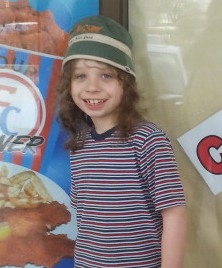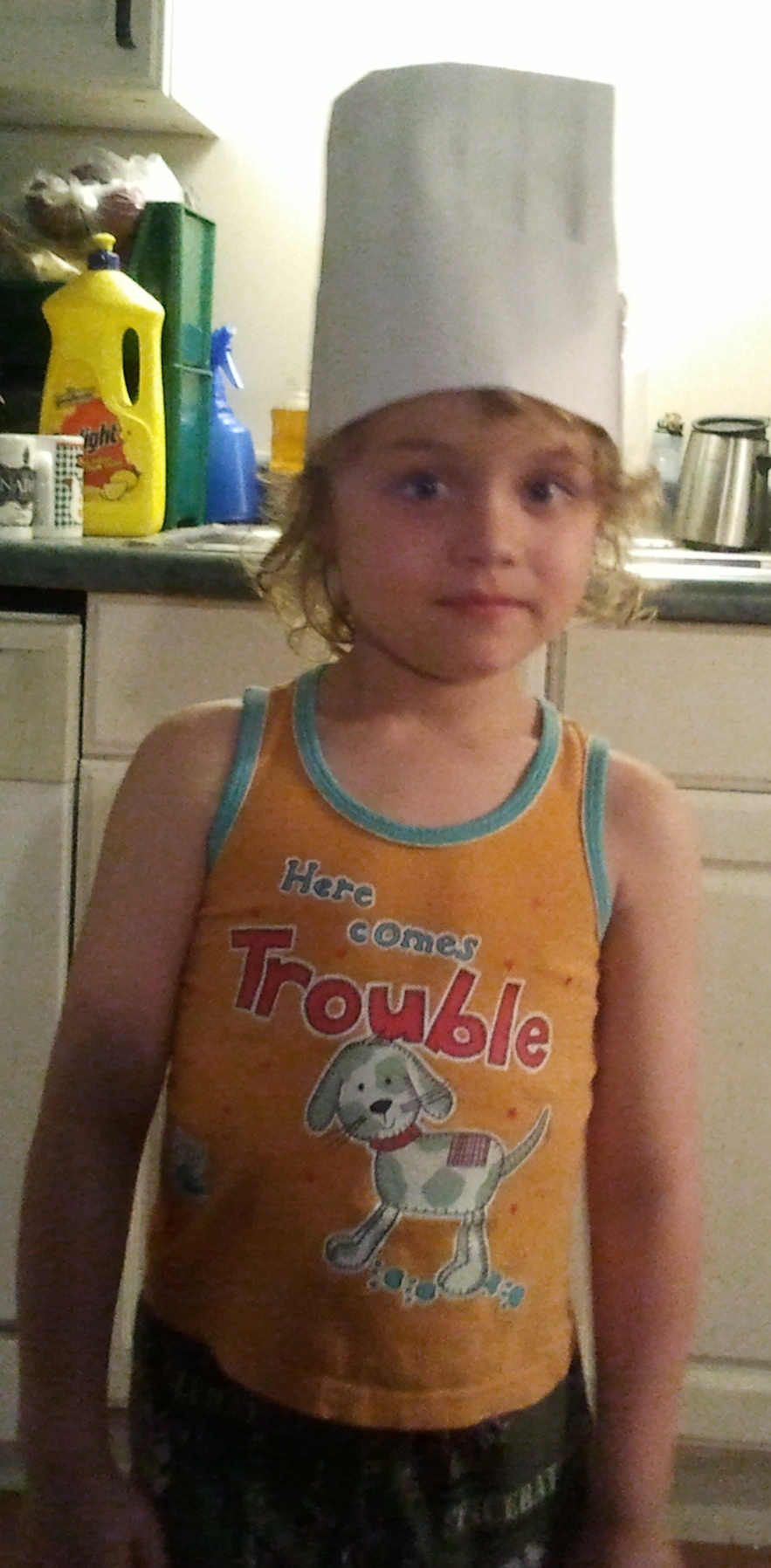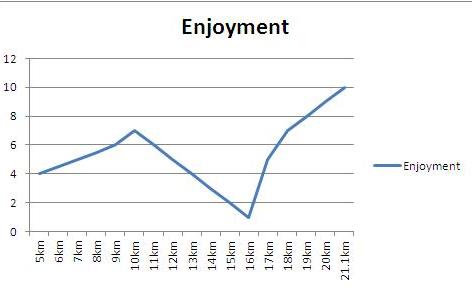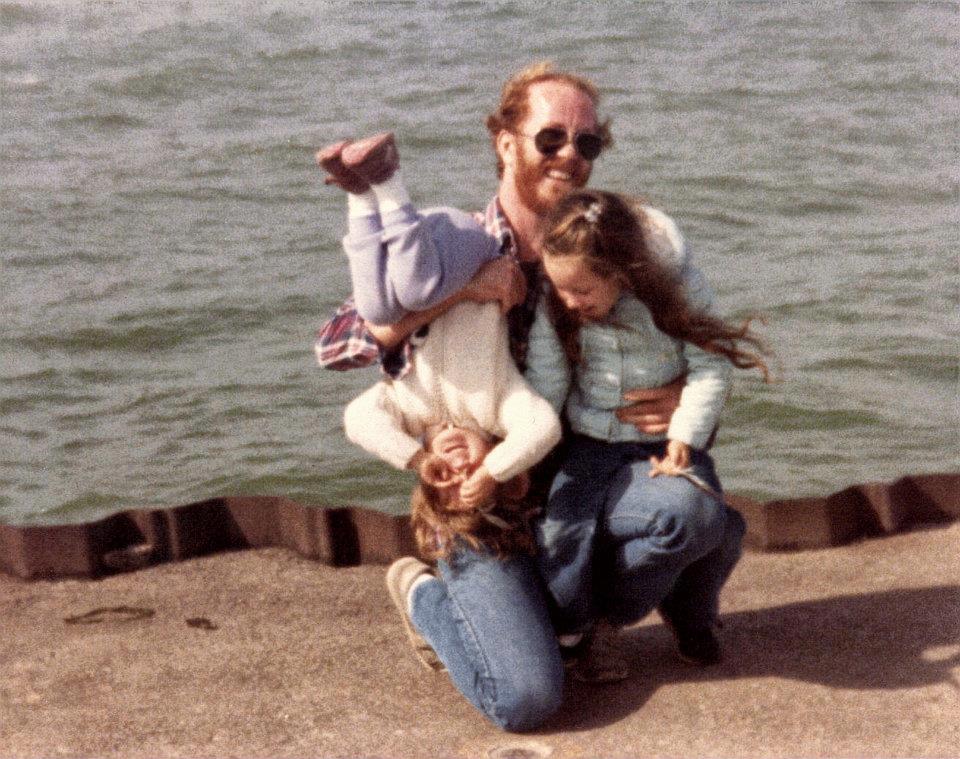 I cannot say for sure when my firstborn son decided that he had to wear a hat at all times. Looking back at old pictures, it seems apparent that he spent most of his toddlerhood in a hatless state. I don’t remember him ever being resistant to wearing a hat, although from the get-go he was picky about the style of hat that he would allow onto his head.
I cannot say for sure when my firstborn son decided that he had to wear a hat at all times. Looking back at old pictures, it seems apparent that he spent most of his toddlerhood in a hatless state. I don’t remember him ever being resistant to wearing a hat, although from the get-go he was picky about the style of hat that he would allow onto his head.
All I know is that at some point – I’m pretty sure it was during one summer or another, the hat became a permanent fixture. It wasn’t even a gradual progression, like his preference for insistence on striped shirts was. It was an overnight thing. One day, he could take his hat or leave it. The next day, it had to go everywhere with him, even into the bathtub. Even to bed. The absence of the hat became an instant source of extreme distress for him. Taking it away from him would make him scream as if the world was ending. One day, when we forcibly removed the hat to throw it into the washing machine, a complete stranger called us from New Zealand and said that the noise had woken him from his slumber, and had we just removed our child’s kidney?
OK, I made that last bit up, but you get the picture. George will defend to the very last his right to have his hat with him no matter what.
On the surface of it, this may not seem like a big problem, but it is amazing how the full-time presence of a hat can encroach on real life. And so we had to work with George’s teachers and therapists to wean him from the hat, or at least get him to the point where he could do without it for brief periods of time.
Several years later, George is still into the hat. Whenever he outgrows a hat, my mother sends a bigger one from South Africa. We do have hats in Canada, of course, but the ones provided by my mom are so cool, so she is in charge of upgrading the hats.
We are able to persuade him to remove the hat at certain times. At bathtime it comes off his head, and remains out of his reach but always in a place where he can see it. When he is at school, he takes it off and hangs it on the hook in his cubby, only putting it on for lunch and recess. And at bedtime, the hat sleeps on the pillow beside him. To our eternal relief, he now consents (with just a little bit of protest) to having his hat taken away for the purpose of being washed.
Although he takes it off when he absolutely has to, George still loves his hat and he always has to know where it is.
So if you’re ever in my neighbourhood and come across a shy, sweet boy who doesn’t say much and wears a striped shirt and a hat from Africa, chances are that you’re looking at my beautiful son.













